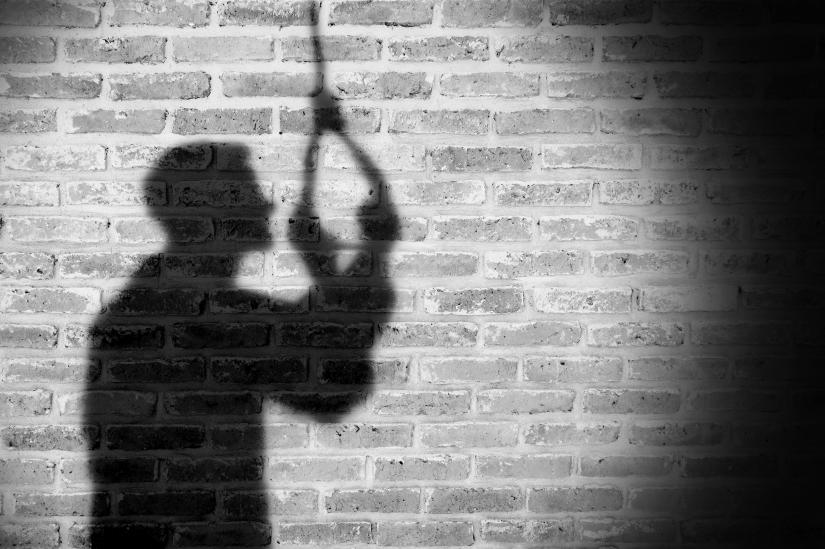 Counselling facilities for both students and teachers should be available in schools, given the increasing suicide rate of students in the country, say experts.
Counselling facilities for both students and teachers should be available in schools, given the increasing suicide rate of students in the country, say experts.
Psychologists agree that teenagers are highly emotional during this time of their life and must be dealt with utmost sensitivity and advice the parents to be more tolerant when dealing with their child.
Bangla Tribune’s research cell has discovered that in 2018, around 508 people have taken their own lives. Amongst them 278 are female and 232 are male. The data went on to show that 148 among the 508 are students.
The recent suicide of Viqarunnisa Noon School and College created quite a stir but most importantly questioned the school’s treatment of its students. The High Court has recently given directives to form a five-member committee to probe the cause behind her suicide and ordered the probe report to be submitted within a month.
“Children going through puberty are highly sensitive and we hope that the committee will come up with a guideline providing pointers on how the teachers should behave with them,” Barrister Anik R Hoque, one of the lawyers who presented the matter to the HC told Bangla Tribune.
He said that every school should have counsellors and as it is difficult to find so many professional psychologists; a couple of teachers at the very least should be trained in counselling the students.
According to the 2016 data provided by the National Institute of Mental Health and Hospital almost 31 percent of the total population, i.e. 50 million people suffer from mental health issues.
More worrying is the fact that a meagre 250 mental health professionals exist to support the staggering 50 million.
Moreover, people suffering from mental health issues refuse to get the professional help due to the social stigma it entails.
“Most people still don’t realize it’s normal to go to a professional to talk about their daily sufferings and mental health,” Dr Tajul Islam told Bangla Tribune.
Saying that for psychologists is the social equivalent of “crazy people’s doctor” Tajul added, “Nobody wants to get help because they don’t want people knowing that they go to a doctor who treats ‘crazy people.”
He said that people are so ignorant of mental health issues that more often than not the grown-ups are clueless about how to deal with teenagers who have hit puberty.
Dr Tajul emphasized the importance of teenagers being able to express their feelings without reprimands from elders. More importantly, outside of their immediate family, these teenagers spend the majority of their time in school.
“It’s very important to nurse the kind of interaction they have with their teachers and their peers,” he said.
He further talked about the damaging consequences of parents putting undue pressure on children and the school’s role in monitoring that as well. He said that school should communicate more with parents to prevent this.
On the other hand, the mother of a seventh grader thinks that parents are equally responsible for a teenager spiralling down the hole of depression and mental health issues.
“The children are having to bear the brunt of the unhealthy competition that the parents have started,” says Sharmin Sultana Moni.
The mother of a seventh grader feels that open communication is the answer key to the teenager test. She said that instead of creating undue pressure the parents should delve into their child’s likes and dislikes as well as find their areas of interests and build upon that.


